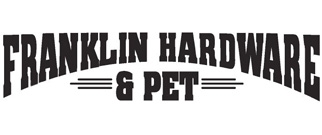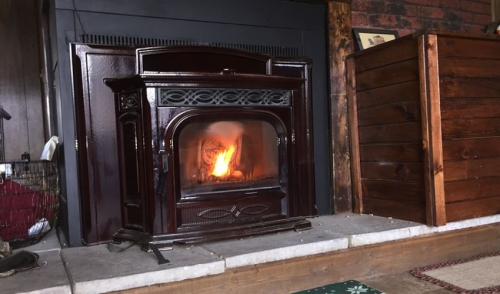Like a fireplace, a pellet stove is an alternative way of heating your house without the crazy costs of energy bills. What most people do not know is that pellet stoves can heat a home in one of the most efficient and eco friendly manners possible. Pellet stoves offer you a high quality burn that not only saves money, but also reduces the type of pollution that is typically generated by fireplaces. Check out these facts about pellet stoves to determine if one is right for you and your home.
First, pellet stoves are easy to use and require low maintenance. Pellet stoves are just as easy to use as furnaces, and fireplaces. The only task required after installation of a pellet stove is to actually load the pellets into the stove itself. Pellet stoves are more efficient fuel burners than traditional fireplaces. Unlike fireplaces, pellet stoves use thermostats, and burn settings that allow them to determine how much fuel should be burned each use. Additionally, you do not have to monitor the warmth of your home because the pellet stove will control this itself.
How do pellet stoves work? Pellet stoves work through a forced air systems that circulates heat throughout your home. Some pellet stoves can provide up to 50,000 BTU per hour of use. Note that the air that is circulated through the mechanism is only used as needed. Make sure that the system you use fits the size and heat demand of your home. In most cases, pellet stoves do not require a chimney. However, they do burn off some pollutants, therefore pellet stoves do need to be vented through a small hole placed in the wall of your home that leads to the outside. Another great factor of pellet stoves is its lack of odor. There is nothing wrong with enjoying the smell of a fireplace in your home, but other furnaces and heating units can give your home a distasteful odor. Pellet stoves and the pellets themselves provide little or no odor. They are neither smelly nor messy. Depending on the model or generation of pellet stove, you will only have to refuel your pellet stove with new pellets once a day or twice a week. This level of maintenance is significantly lower than a fireplace. However, this maintenance can vary depending on your home’s heating demand.
Installation of a pellet stove varies from home to home. Be sure to compare all aspects of heating methods available before settling on using pellet stoves. Cost and labor all play a role in the consideration of choosing the right heating method for your home. For most pellet stoves, installation and costs would be much less than a new furnace because it does not require duct work or additional parts. However in some cases when a chimney is needed for installations, pellet stoves could cost a bit more. Nonetheless, pellet stoves are a great, alternative option for heating your home.






Comments